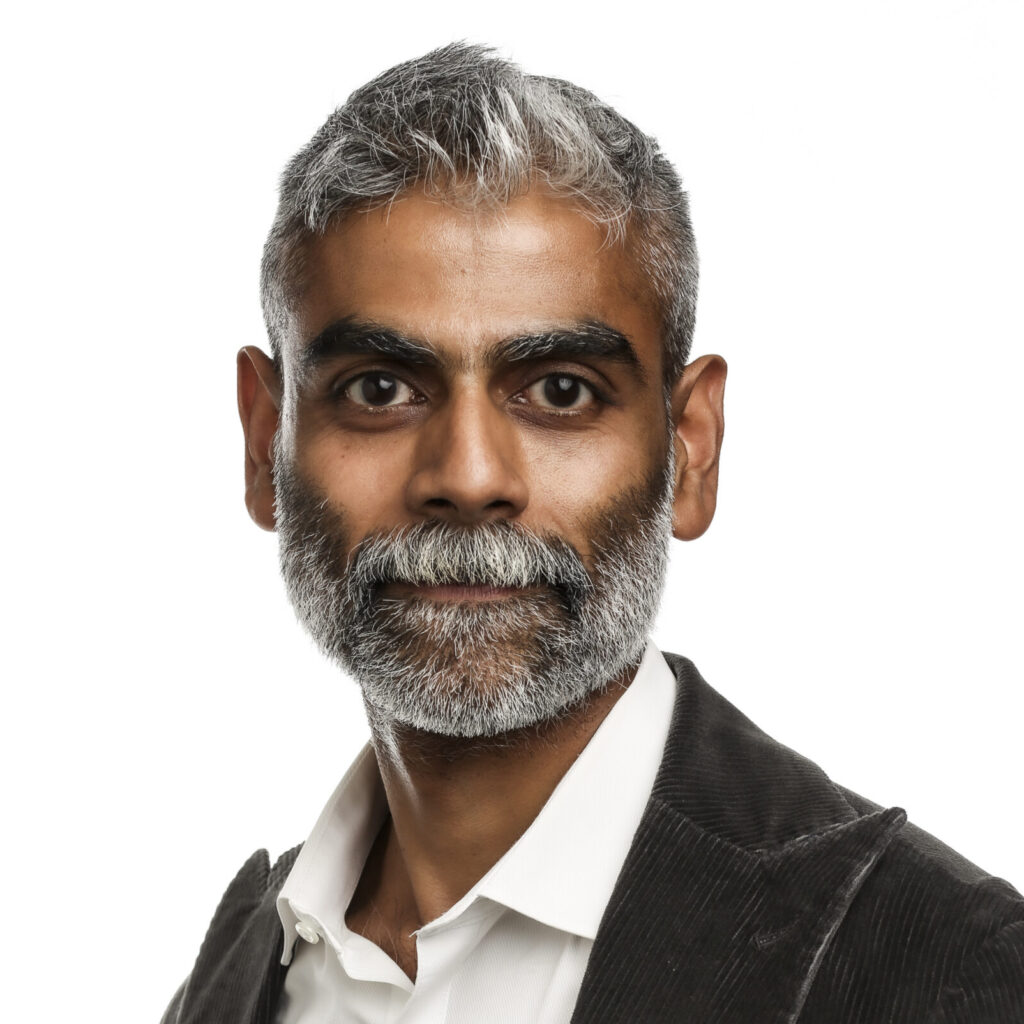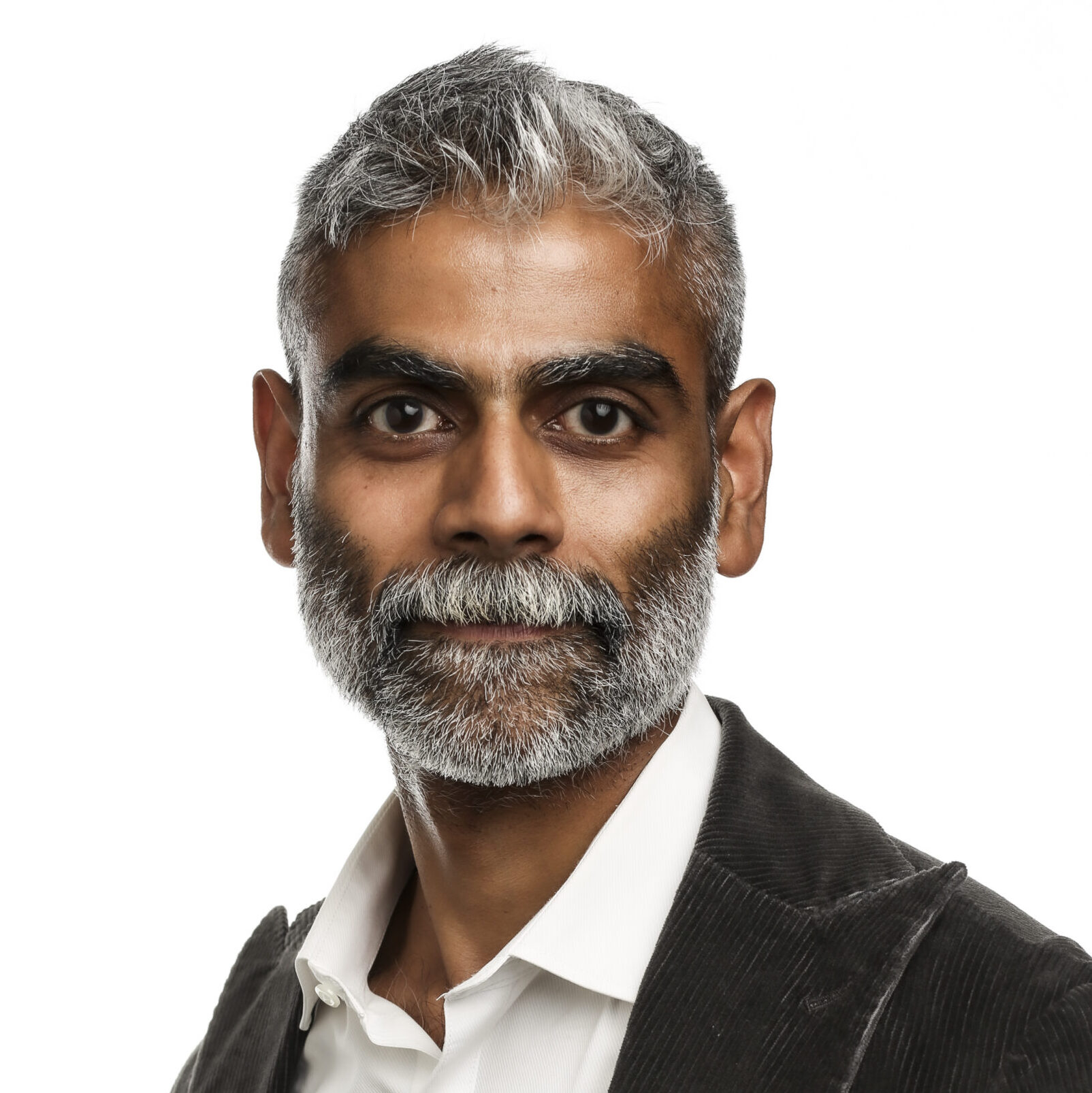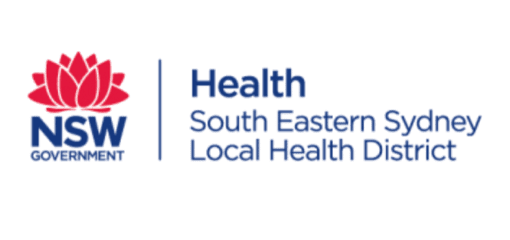Mindgardens Functional Neurological Disorders Clinic


Dr Adith Mohan
Dr Adith Mohan

Dr Adith Mohan
Adith Mohan is a consultant neuropsychiatrist at the Neuropsychiatric Institute (NPI), Prince of Wales Hospital, Sydney, Australia. He is also a Research Fellow with the Centre for Healthy Brain Ageing (CHeBA), and a Senior Lecturer with the School of Psychiatry, UNSW.
Dr Mohan’s research interests include novel pharmacological interventions in neuropsychiatry, the study of human brain transcriptome changes related to ageing, as well as therapeutic neuromodulation in neuropsychiatric disorders. He currently leads a clinical trial investigating the use of transcranial direct current stimulation (tDCS) in mild cognitive impairment and is involved in studies of deep brain stimulation (DBS) in Tourette syndrome and obsessive-compulsive disorder.
He is actively involved in the Section of Neuropsychiatry (SoN) of the Royal Australian and New Zealand College of Psychiatrists, is the jurisdictional representative for the state of New South Wales on the SoN, and is involved in the development of a competency based training curriculum for Neuropsychiatry.
Functional Neurological Disorder (FND) is a disabling yet treatable disorder that develops due to presumed malfunction (as distinct from disease) of the central nervous system. FND can present with a variety of debilitating symptoms, including chronic pain, fatigue, seizures, or cognitive, speech, gait, or vision issues.
The disorder affects between four and 12 people per 100,000 people a year: 200 to 300 new patients per annum in NSW alone. Young to middle-aged adults are primarily affected, with over one-third of this cohort leaving the workforce and experiencing significant disability and discrimination.
Despite being treatable and potentially reversible, FND often goes undiagnosed for years, particularly among female patients, and access to comprehensive multidisciplinary treatment remains challenging. People with FND are consistently reported to have significant levels of distress, disability, morbidity and mortality, and yet they encounter lengthy delays to diagnosis, negative healthcare experiences and inadequate access to specialist treatment.
Demand for assessment and management of patients with FND remains high, though specialist services with experienced practitioners and strong multidisciplinary links are rare.
Specialist FND clinics are best placed to provide this in a cost-effective way. They also contribute to up-skilling health-care staff and improving health literacy in relation to the management of FND in emergency, inpatient and outpatient settings. This is critical to sustainable practice change and policy development.
To understand more about FND from a patient’s perspective, watch Grace’s story here: Grace’s story: how the Mindgardens FND Clinic helped a young woman regain her health and confidence (youtube.com)
About the project
The Mindgardens Functional Neurological Disorders Clinic was established as a pilot project funded through the Mindgardens Translational Research Grant Scheme.
It provides multi-disciplinary assessment and a brief intervention program for patients aged 18 to 65 years with a confirmed FND diagnosis. The service brings together clinical experts from neuropsychiatry, neurology, rehabilitation medicine, physiotherapy and psychology for the first time in NSW. Guided by consultation with people who have a lived experience of FND, it aims to develop a new model of care, continually refined using patient assessment data.
Another objective is to build GPs’ and specialists’ skills in caring for people with FND to improve responses in emergency, inpatient, and outpatient settings, including through telehealth consultation with clinicians in regional NSW.
Dr Adith Mohan explains the FND Clinic here: Dr Adith Mohan talks about the Mindgardens Functional Neurological Disorder (FND) Clinic (youtube.com)
What is involved?
Led by Dr Adith Mohan, a senior neuropsychiatrist at the University of NSW, this project aimed to evaluate the effectiveness of interdisciplinary FND care through a trial of a specialist clinic, addressing gaps in service provision for people with FND in NSW and making recommendations for future services.
With engagement from clinical researchers across SESLHD, UNSW Sydney and Neuroscience Research Australia (NeuRA), the Mindgardens FND Clinic operated at the Neuropsychiatric Institute (NPI), a clinical academic facility of The Prince of Wales Hospital. New patients underwent a comprehensive neuropsychiatric assessment and completed a thorough set of clinical assessments during their initial appointment.
Follow-up sessions were then scheduled after one week, three months and six months. Some patients received an additional six-week education and support intervention, customised to their individual needs and delivered by a multidisciplinary team, including a physiotherapist, occupational therapist and psychologist.
The Mindgardens FND Clinic research team closely monitored patients’ results as they progressed through the program, identifying the effectiveness of the interventions and modifying the treatment protocol in response.
Mindgardens FND Clinic Resources
The clinic makes available a series of resources to support consumers as they navigate their FND health care, and to help clinicians from multiple disciplines extend their skills in caring for people who experience FND.
Media and Publications
Paper: Functional neurological disorder clinics in Australasia: A binational survey
Paper: Functional neurological disorders: an Australian interdisciplinary perspective
Media release: Mindgardens FND Clinic named a NSW Premier’s Awards finalist
Media release: Enhancing Access to Evidence-Based Care for Functional Neurological Disorder (FND) Patients
Media release: Mindgardens FND Clinic Wins Prestigious SESLHD CORE Award
Achievements and Outcomes
The Mindgardens Functional Neurological Disorders Clinic has been honoured with the South Eastern Sydney Local Health District (SESLHD) CORE Award for Excellence in the Provision of Mental Health Services and was named as a finalist for the 2024 NSW Premier’s Awards in the Highest quality healthcare category.
The clinic’s program led to significant improvements for consumers across all measured outcomes and assessed domains between baseline and 3-month follow-up. This included reduction in illness severity from ‘moderately’ to ‘mildly’ ill, reduction in level of psychological distress from ‘moderate’ to ‘mild’, and improvement in range of functional domains.
A bi-national consortium of FND clinics was established across Australia and New Zealand, with the aim to develop standardised care pathways and establish the needs of FND patients in Australia and New Zealand. These clinics will continue to collect and share data to develop a world-first understanding and approach to FND patients.
How to refer:
More information about the Mindgardens FND Clinic including referral information can be found at the Centre for Healthy Brain Ageing.
To contact the clinic directly email seslhd-powneuropsychiatricinstitute@health.nsw.gov.au or phone 02 9382 3763.
Inclusion criteria:
- Aged 18-65 years.
- FND diagnosed by a specialist neurologist.
- Confirmation that the diagnosis has been explicitly discussed with the patient prior to referral to the FND Clinic.
- Commitment by referring specialists to stay involved in patient’s care after clinic interventions are completed.
- All FND-related investigations have been completed.
- Patient consents and is aware of referral to the Clinic.
Project Status
This project is ongoing and remains active.
Funding Sources
- Commonwealth grant funding awarded by the Australian Government Department of Health and Aged Care
- Maridulu Budyari Gumal, the Sydney Partnership for Health, Education, Research and Enterprise (SPHERE)
- NSW Ministry of Health
- South Eastern Sydney Local Health District (SESLHD)
Reducing Ventilation after Spinal Injury
INTERACTION: Intergenerational clinical trial in at risk older adults and pre-school children
Mindgardens Functional Neurological Disorders Clinic
Depression & Pain Treatment
Interested to hear more?
Do you want to learn more about past or present Mindgardens work?
"*" indicates required fields
Brings together the strengths of four founding organisations




